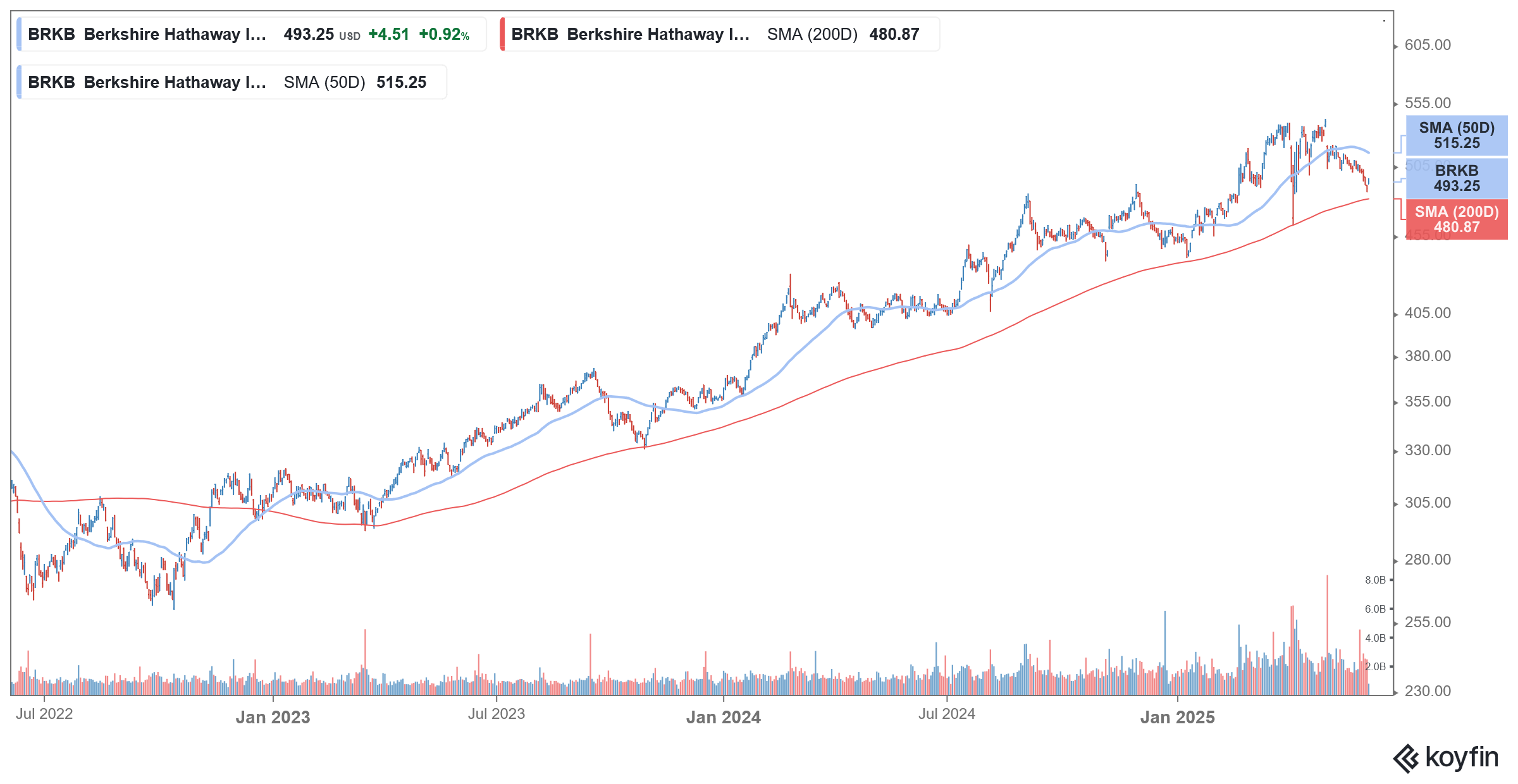
BlackRock CEO Larry Fink has joined the long and growing list of prominent people who have cautioned on the high US budget deficit and the alarming rise in the country’s national debt. His comments come at a time when President Donald Trump is pushing for his tax bill despite opposition from several quarters.
Pointing to the over $36 trillion US federal debt, Fink said, “We have a pending tax bill that’s going to add $2.3tn, $2.4tn on the back of that.” Speaking at the Forbes conference in New York, he cautioned, “If we don’t find a way to grow at 3 per cent a year… we’re going to hit the wall.”
Fink warns on rising US deficit
He added, “If we cannot unlock the growth and if we’re going to continue to stumble along at a 2 per cent economy, the deficits are going to overwhelm this country.” Notably, Trump’s tax bill, dubbed “One Big Beautiful Bill Act,” is expected to further add to the national debt. Tesla CEO Elon Musk, who was heading the Department of Government Efficiency (DOGE) in the Trump administration, has been among the most vociferous critics of the tax bill and has termed it a “disgusting abomination.” In another tweet, he labeled it “Debt Slavery Bill,” pointing to the largest ever increase in the debt ceiling.
The US budget deficit rose sharply in the first half of this fiscal year
In the first six months of the current fiscal year, the US government’s budget deficit rose to $1.3 trillion, which is the second highest in history for the period. The only time the deficit was higher was in the fiscal year 2021, when the deficit jumped to $1.7 trillion in the first six months due to higher spending during the COVID-19 pandemic
The total government debt has surged to around $36.9 trillion and has long surpassed the national GDP. The rising debt pile has led to a massive increase in interest expense, and the Treasury Department estimates that it will spend $1.2 trillion on interest payments this year. Interest payment is now the second-largest constituent of federal spending behind Social Security and has surpassed heads like health, Medicare, and defense spending.
Notably, the US fiscal deficit hit a record high of $3.13 trillion in the fiscal year 2021. The surge was understandable as the economy needed support during the pandemic. The deficit came down to $2.77 trillion in the fiscal year 2022. It fell further to $1.38 trillion in the next fiscal year, and while it was much below the previous year, it was significantly higher than in pre-pandemic times, when the deficit was contained below $1 trillion. However, in the fiscal year 2024, the budget deficit increased to $1.8 trillion.
Many fear that the fiscal path that the world’s biggest economy has been pursuing since the COVID-19 pandemic is unsustainable, and the country needs to bring down its burgeoning fiscal deficit that has surpassed its national GDP.
Jerome Powell believes the US debt is approaching unsustainable levels
Fed chair Jerome Powell has also cautioned multiple times on the budget deficits and ever-rising fiscal debt, saying it is approaching unsustainable levels. Powell believes that politicians were taking the wrong approach by targeting discretionary spending, which he said not only contributes a small percentage of total spending but also its share in total spending has been gradually falling.
“The largest and fastest-growing portions are Medicare, Medicaid, Social Security, and now interest payments, so this is indeed where efforts need to be focused, and these issues can only be resolved on a bipartisan basis; neither side can find a solution without the involvement of both, so this is crucial,” said Powell while speaking at the Economic Club of Chicago earlier this year.
Warren Buffett also cautioned on the rising budget deficit
Berkshire Hathaway chair Warren Buffett also weighed in on the budget deficits during the company’s annual meeting last month. “We are operating at a fiscal deficit now that is unsustainable over a very long period of time. We don’t know whether that means two years or 20 years, because there’s never been a country like the United States, but this is something that can’t go on forever,” said Buffett at the meeting, where, among others, he announced his retirement from the conglomerate.
He added, “And it has the aspect to it that it gets uncontrollable to a certain point that essentially you just give up on it. Paul Volcker kept that from happening in the United States, but we came close. We’ve come close multiple times, and we still have very substantial inflation in the United States, but it has never been runaway yet. And that’s not something we want to try and experiment with because it feeds on itself.”
Moody’s downgraded the US sovereign credit rating
The US lost its last top credit rating last month after Moody’s cut the country’s sovereign credit rating one notch to Aa1 from Aaa. The rating agency joins its peers in slashing the US credit rating amid concerns over unsustainable US fiscal debt and the rising cost of financing the deficit.
“This one-notch downgrade on our 21-notch rating scale reflects the increase over more than a decade in government debt and interest payment ratios to levels that are significantly higher than similarly rated sovereigns,” said Moody’s in its report.
Moody’s also highlighted the political gridlock among US lawmakers, noting that “successive US administrations and Congress have failed to agree on measures to reverse the trend of large annual fiscal deficits and growing interest costs.” The inability to achieve meaningful fiscal consolidation, despite a growing national debt that has surpassed $36 trillion, has been a key concern for rating agencies. Moody’s specifically pointed out that extending the Trump administration’s 2017 tax cuts would add an estimated $4 trillion to the federal primary deficit over the next decade.


Question & Answers (0)